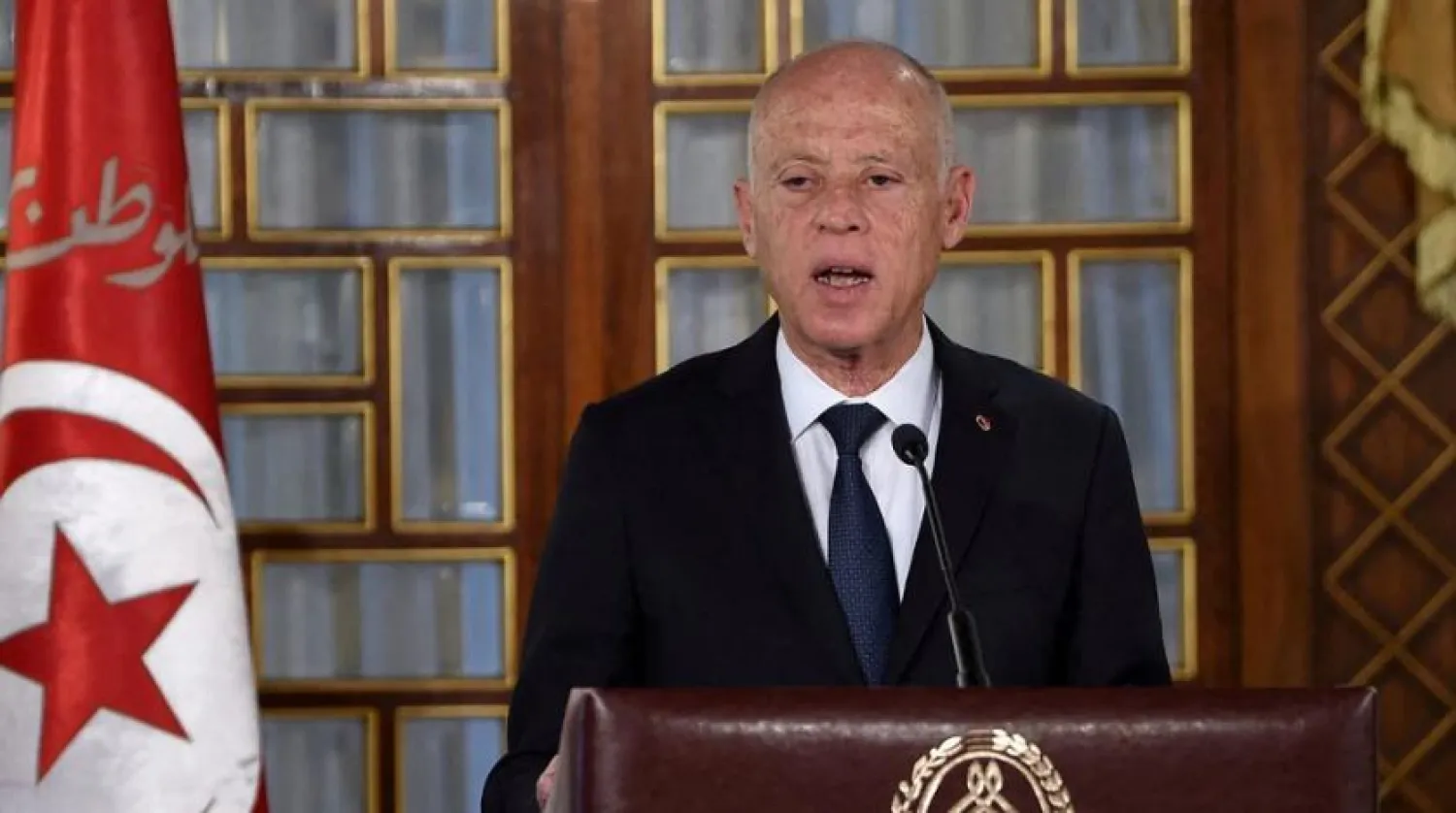Tunisian President Kais Saied issued on Wednesday a decree to call voters to a referendum on a new constitution on July 25, according to the official gazette.
The decree said the new constitution will be prepared and published no later than June 30.
Last week, Saied named by a decree Sadok Belaid, a prominent law professor, to head an advisory committee tasked with drafting a revised Constitution through a “national dialogue.”
The referendum is one of the items listed on the roadmap that the Tunisian President presented after announcing exceptional measures and dissolving Parliament and other constitutional bodies last March.
Several organizations, parties, and Tunisia’s partners abroad are calling for the launch of a national dialogue that includes parties, unions and representatives of civil society in order to agree on political and economic reforms.
However, main Tunisian political parties said they would boycott the national dialogue and Kais’ unilateral political changes, vowing to step up protests against the moves.
The powerful Tunisian General Labor Union (UGTT) said it refuses to take part in a limited dialogue proposed by the Tunisian President to rewrite the constitution.
Instead, the union said it would hold a national strike at state firms and public services.
According to the gazette, the only question on the referendum will be: “Do you agree the new constitution?” according to Reuters.
It added that polling will start at 6 a.m. and end at 10 p.m. on July 25.









